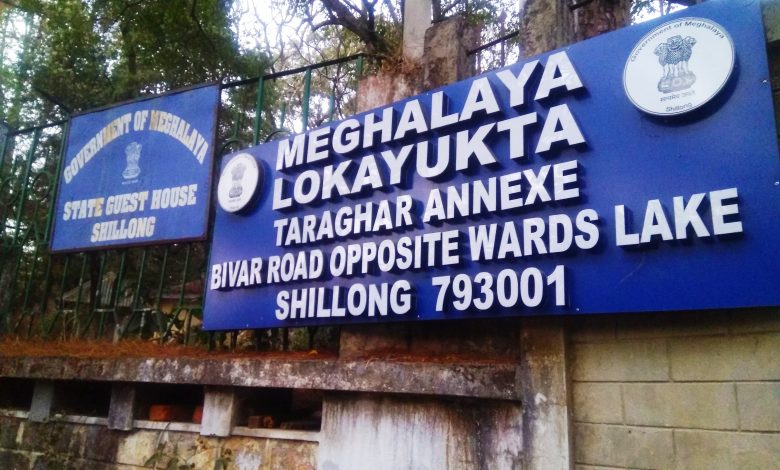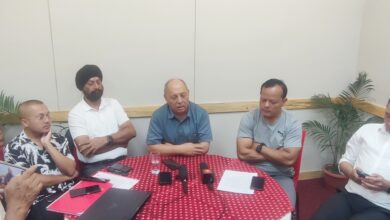AITC leader to file review petition before Lokayukta on vehicle scam

Shillong ,Nov 18: AITC national spokesperson Saket Gokhale will file a review petition before the Meghalaya Lokayukta on vehicle scam issue involving tainted police official GK Iangrai after the first complaint was rejected.
In a statement issued on Friday, Gokhale said the action of the Meghalaya Lokayukta in not providing the complainant and the witnesses a chance to depose via video conferencing and then invoking the CrPC wrongly to dismiss the complaint is ‘incredibly unfortunate and shocking’.
Earlier, a complaint was filed with the Lokayukta by Gokhale for a probe into the vehicle scam at the Meghalaya police headquarters.
In the complaint, the SF-10 Commandant Iangrai and former Director General of Police R Chandranathan had been named as accused.
The Lokayukta had set November 15 as the date of hearing for the maintainability of the complaint.
Gokhale said despite multiple requests, the Lokayukta did not provide the complainant or
the witnesses with a link to appear via video conferencing and record their statements.
Appearance through video conferencing is a norm and is allowed even by the
High Courts across the country and by the Supreme Court, he said.
“Meghalaya Lokayukta shockingly dismissed the complaint ex-parte without giving a
chance to the complainant and the witnesses to record their statement. The complainant wrote a letter to the Meghalaya Lokayukta on 16.11.2022 pointing out that the complainant and witnesses must be given a chance to appear via video conferencing and exercise their right to record a statement. In response, the Meghalaya Lokayukta has claimed that the complaint was dismissed under provisions of the Criminal Procedure Code (CrPC), 1973”, he said.
According to Gokhale, this is entirely wrong in law because here’s what section 249 of the CrPC states:
“Absence of complainant: When the proceedings have been instituted upon complaint, and on any day fixed for the hearing of the case, the complainant is absent, and the offence may be lawfully compounded or is not a cognizable offence, the Magistrate may, in his discretion, notwithstanding anything hereinbefore contained, at any time before the charge has been framed, discharge the accused.
It is clear, therefore, that the complaint may be dismissed in the absence of accused
only when the offense is compoundable or non-cognizable”, he said.
Corruption, as defined in the Prevention of Corruption Act, 1988, is neither compoundable nor a non-cognizable offense.In fact, corruption is a serious cognizable offense which prescribes that those convicted are punishable with imprisonment which shall be not less than 3 years but which may extend to 5 years.
Moreover, Iangrai has already been arrested, he added.
“Therefore, it is unfathomable and shocking as to how the Meghalaya Lokayukta invoked section 249 of the CrPC in dismissing the complaint into the police vehicle scam when the offense is clearly non-compoundable as well as cognizable. The complainant intends to file a review petition with the Lokayukta in this matter.However, the action of the Meghalaya Lokayukta in not providing the complaiant and the witnesses a chance to depose via video conferencing and then invoking the CrPC wrongly to dismiss the complaint is incredibly unfortunate and shocking”, he said.




